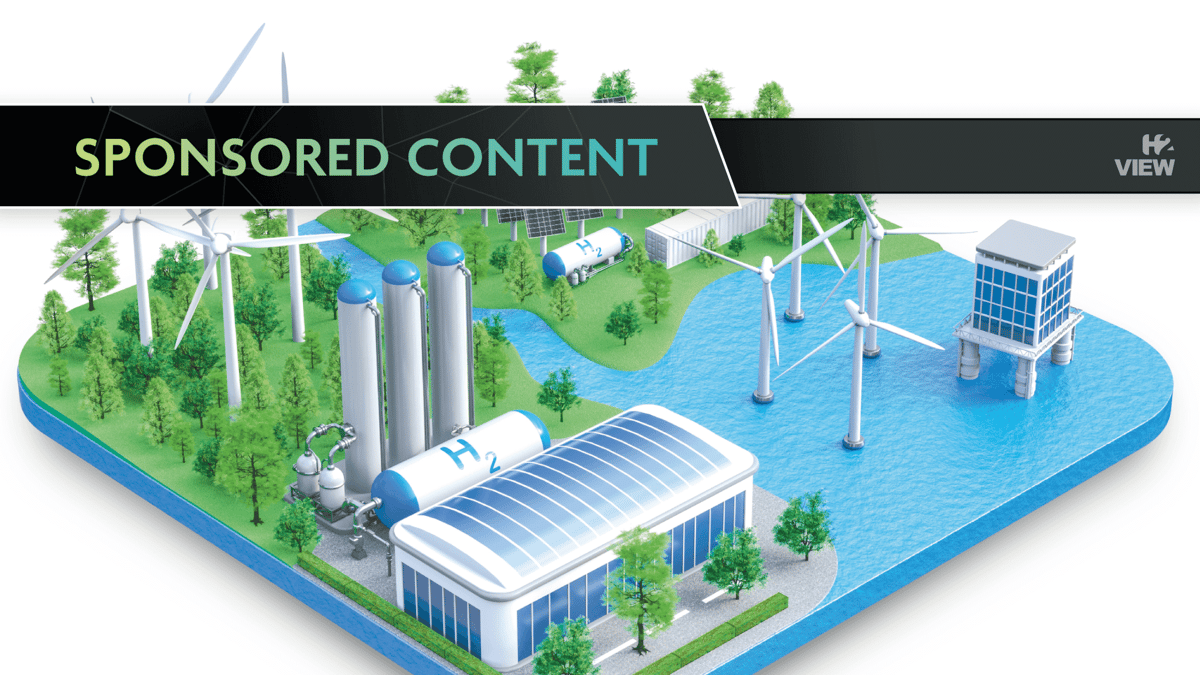Sealing the Future: Innovations in Hydrogen Economy Technology
Key Ideas
- Sealing technologies are crucial for the efficient and safe operation of hydrogen systems across the value chain, from electrolysis to storage and distribution.
- Hydrogen's unique challenges, such as high pressure, embrittlement, and chemical reactivity, require specialized sealing materials and additives to ensure long-term durability.
- Freudenberg Sealing Technologies has developed advanced elastomers and polymers with proprietary additives to address these challenges and support sustainability in the hydrogen economy.
- Real-world applications of these advanced seals include hydrogen-powered vehicles, refuelling stations, electrolysis systems, and collaboration in improving bipolar plate technologies.
As the global focus shifts towards decarbonization and the hydrogen economy gains momentum, the critical role of sealing technologies in enabling the efficient, safe, and reliable operation of hydrogen systems becomes increasingly evident. Freudenberg Sealing Technologies has emerged as a key player in providing innovative solutions to address the challenges posed by hydrogen applications.
Sealing technologies are integral at every stage of the hydrogen value chain, from withstanding high pressures in electrolyzers for green hydrogen production to ensuring safety in storage, distribution, fuel cells, and hydrogen combustion engines. The development of seals that can perform effectively under extreme conditions like high pressures, temperature fluctuations, and chemical reactivity is essential for the widespread adoption of hydrogen technologies.
Freudenberg Sealing Technologies has focused on material science to drive innovation in sealing solutions. By developing specialized elastomers and polymers such as HNBR and FKM with proprietary additives, they have enhanced the resistance of seals to hydrogen embrittlement and chemical degradation. These advanced materials not only improve performance but also contribute to sustainability by extending the lifespan of seals and reducing waste.
The practical applications of these advanced seals are diverse and impactful. They support the reliable operation of hydrogen-powered vehicles, efficient refueling processes at high pressures, and safe electrolysis systems for green hydrogen production. Collaboration with industry partners like Graebener in enhancing bipolar plate technologies further underscores the interconnected nature of the hydrogen value chain.
In a collaborative effort to improve bipolar plate technologies, Freudenberg Sealing Technologies and Graebener are emphasizing the early consideration of sealing solutions in the design process. By acknowledging the importance of seals and utilizing custom solutions tailored for hydrogen applications, the industry is poised to overcome technical hurdles and accelerate the transition towards a hydrogen-powered future.
Topics
Fuel Cells
Innovation
Sustainability
Engineering
Materials Science
Collaboration
Applications
Whitepaper
Production Technologies
Latest News
